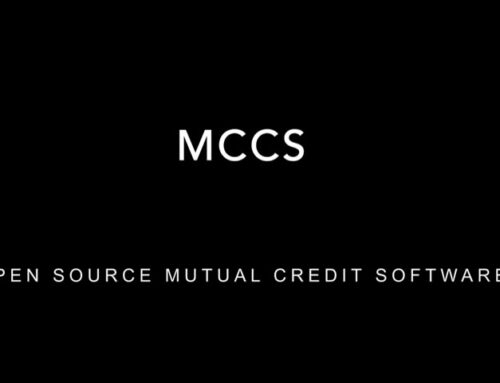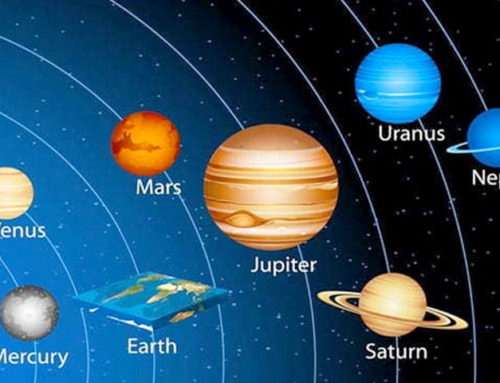We’ve had a lot of queries about tax – i.e. are income tax, corporation tax and VAT payable on mutual credit transactions? We’ve also been asked about how accountants would deal with all this – wouldn’t it make things very complicated and difficult for accountants to keep track?
So we asked an accountant – Paul Rowlands of Minerva Accounting Solutions. They are members of the Open Credit Network, and have done accountancy work in the network. This is what he said:
Income / corporation tax
Yes, tax is payable on mutual credit transactions and income. In terms of income tax or corporation tax, it will be treated exactly like legal tender. Some of the larger commercial barter schemes actually report the tax obligations from mutual credit transactions for members, making it easier still.
Tax is only payable in ‘legal tender’, and so clearly, if a business traded entirely in mutual credit, they wouldn’t have any legal tender to pay their tax bill. We’re a long way from any business trading completely within the mutual credit world however, so that isn’t a problem. And who knows, maybe one day, we’ll be able to pay our local and national taxes via mutual credit.
VAT
VAT would be chargeable by a VAT-registered supplier, whether in legal tender or mutual credit. As long as the VAT-registered company paid HMRC all the VAT due in legal tender, it doesn’t matter to HMRC how it’s collected.
Accounting
Mutual credit doesn’t add any complexity or difficulty for accountants. The unit of value is the national currency, which makes it easy.
Mutual credit is just part of normal trading in terms of accounting. There wouldn’t need to be different accounting for different payment types. Your Open Credit Network account can be thought of as just another bank account (or payment system like GoCardless), with a positive or negative balance.
All trades would go through a company’s books as money. It’s entirely up to the individual book-keeper whether they add a separate column to their internal accounts. It would appear on the annual accounts / balance sheet as money.
Credit / debit would be part of the existing money owed by debtors or due to creditors. Anyone looking at a company’s annual accounts wouldn’t even notice that it was mutual credit.
Invoicing is the same too. At the bottom of the invoice, it would give the OCN payment details rather than BACS details etc. Or both if payment is a combination of the two.





